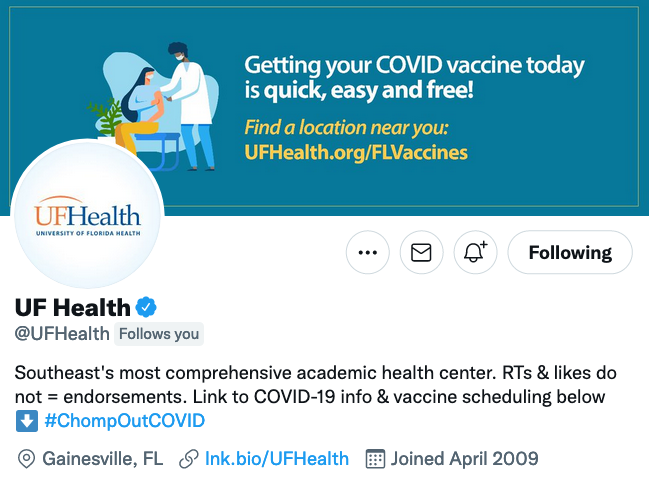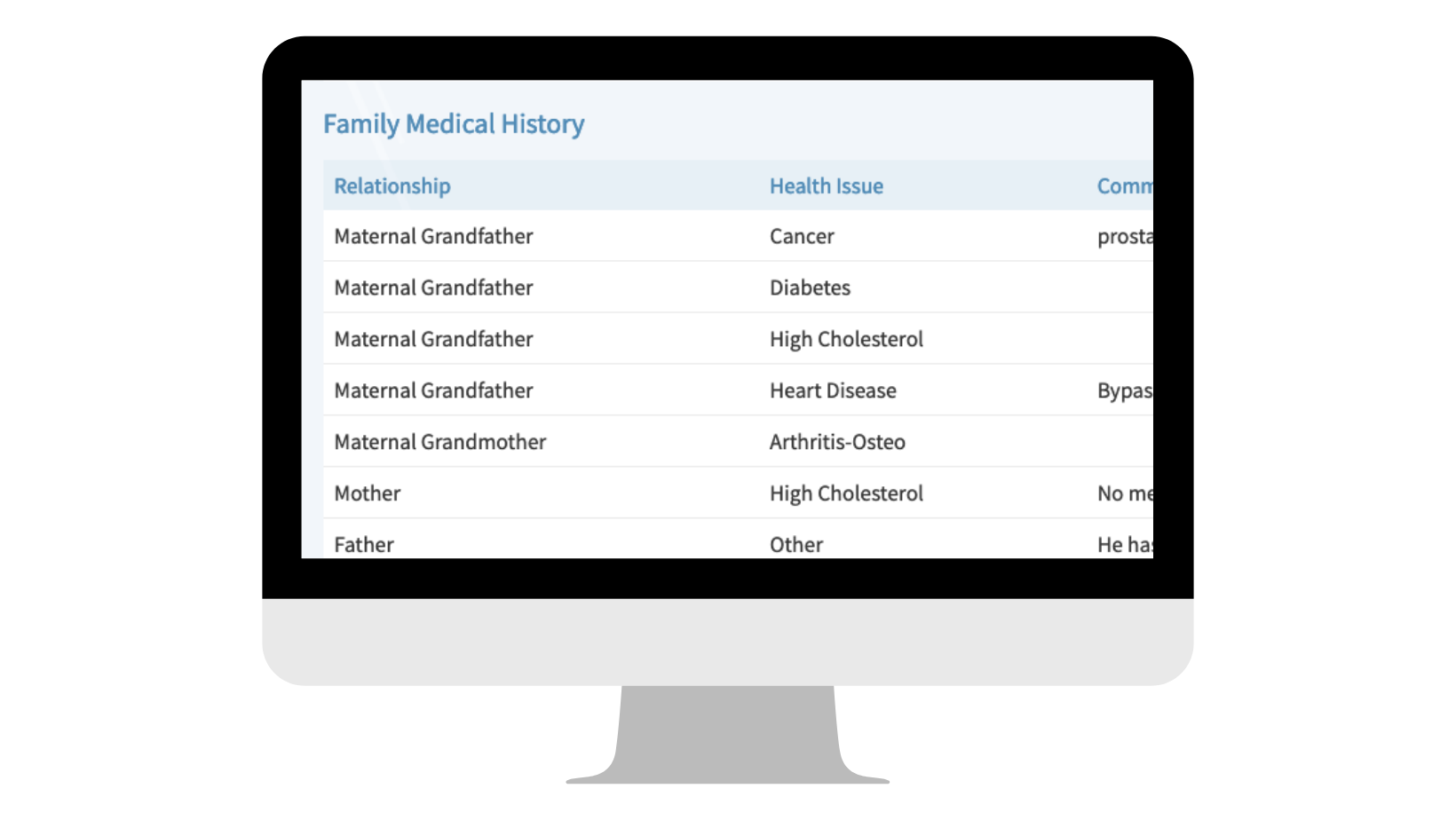Improving your health literacy

We trust our health care providers to give us the best recommendation when we’re faced with a frightening medical problem. While in doctors’ offices or emergency rooms, we might hear phrases or acronyms we don’t understand or be confused by complicated graphs. As a patient, you aren’t expected to have a medical degree, and your care team will do their best to help you understand what’s happening in your body. But improving your personal health literacy can help you help the physicians, nurses and support staff who make decisions about your care.
In honor of Health Literacy Month, ask yourself the following questions and see how you can improve your understanding of your health, make more informed decisions and live a healthier life.
1. Where do you get your health care information?
In addition to direct information from your health care providers and online academic sources like UF Health, websites that end in “.gov,” or “.edu” are the most reliable and factual. MedlinePlus is a great source.
On social media, follow credible, verified accounts and be wary of stories that come from biased news sources.

Facebook and other social media platforms are working to stop misinformation from spreading, so keep your eyes open for tags like this, which flag when a post may include false information:

2. Are you familiar with your medical history?
Using your personal records or an online tool like MyChart, review your family medical history and learn about your potential risk factors. Ask your health care professional for more information about any health issues of concern.

3. Are you prepared for visits with your health care provider?
When preparing:
- Enter with three main questions to ask your health team.
- What is my main problem?
- What do I need to do about it?
- Why does it matter?
- Stop your health care professional if what they are explaining isn’t making sense. There is no shame in not understanding or needing to hear a piece of information a few times. It’s better to interrupt than miss an important recommendation. Learn about UF Health’s patient advocates who can help if you face difficulty discussing your hospital-based care with your care team.
- Determine if you want an interpreter. If you would feel more comfortable with a language interpreter, ask your health team if one is available for your next appointment. Many clinics and health systems, including UF Health, have interpreters available for you.
- If guests are permitted in the exam rooms, bring a family member or a friend to appointments if you feel like you might start to get overloaded with information. A second set of ears is always a good idea. Make sure to review your hospital’s current COVID-19 visitation policies before bringing a guest along.
Remember, you have the power to take your health into your own hands. Follow credible accounts on social media like UF Health and government health agencies to stay informed.